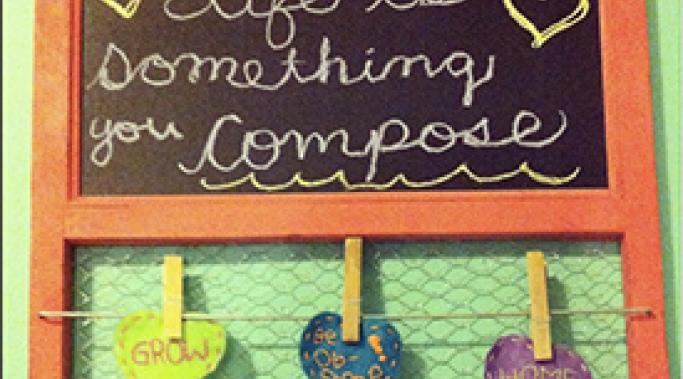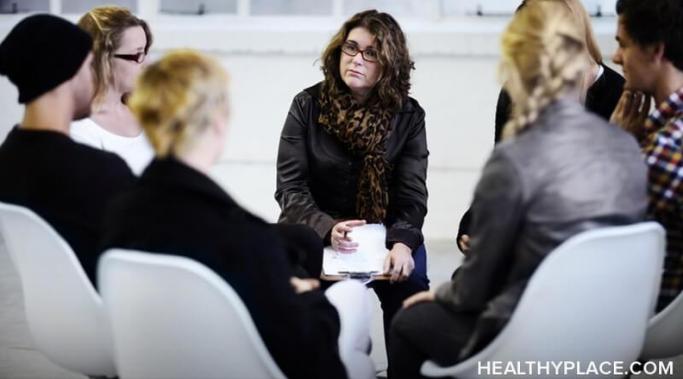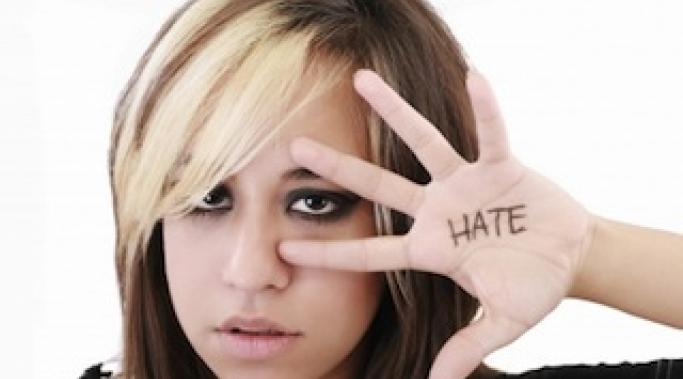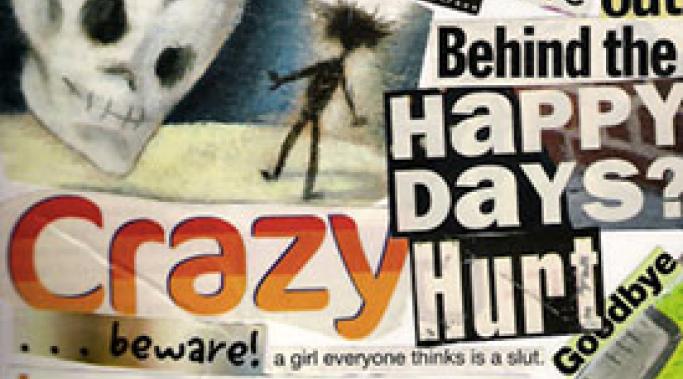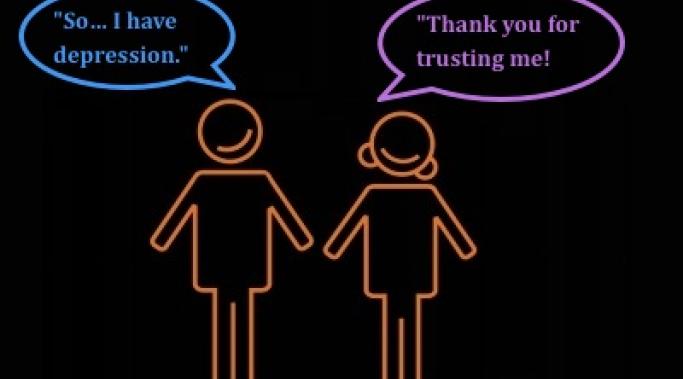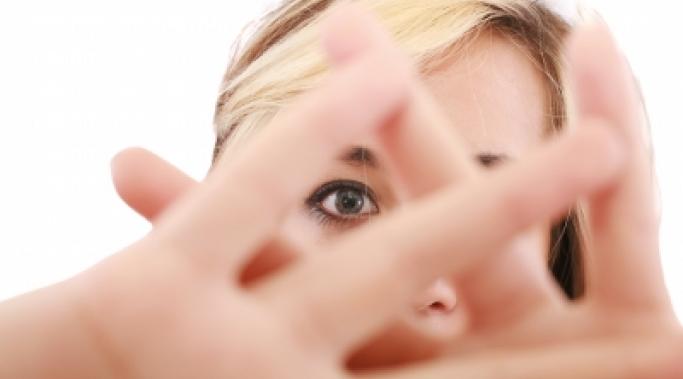I mentioned to my psychiatrist that my sister is getting married this week and my doctor reminded me that if I have mixed or depressed feelings at the wedding not to panic because this can be normal. This made me think – for those prone to depression, maybe weddings are similar to the holidays in that they can provoke the exact opposite of what you think you should be feeling. At a very “happy” event like a wedding, we can feel pressure to feel very good. And what if we don’t?
Depression Stigma and Self-Stigma
I love language. I believe the words we choose shape our minds and our world. This is why I choose to say, "I have depression" instead of saying, "I'm depressed." My depression diagnosis is a part of me, but it isn't all of me. Using positive language to describe my illness helps me manage my illness.
At times, I definitely feel like I am a walking pit of doom and gloom. I feel so depressed that I literally can't believe I'll ever feel anything good ever again. I wonder, why live when I feel like dying? No feeling ever lasts forever, though. If I wait it out, usually a friend will text me or I'll see a new recipe I want to try. The world reminds me that there is more to me than my depression.
Several years ago I did an inpatient treatment program for depression. At the end of my stay at the hospital, I was asked to complete a survey on my experience there. The form had room for comments and suggestions and as I filled it out, I realized I had a lot to say about my depression treatment.
Whether you are a parent with depression struggling to raise children or a new mom suffering from postpartum depression, know that you are not alone.
I've learned a lot of things from over a decade of treatment for depression. In the long list of recovery tips I could share with you, the most important thing I've learned is that you can't hate yourself out of being depressed. It can really stand between you and your recovery. Hating yourself is no way to accomplish anything, especially when it comes to recovering from depression.
My depression symptoms are a big part of me and I hate them (What Are the Symptoms of Depression?). Ergo, I hate a big part of me. Wait! That can't be right, can it?
Stigma is a negative stereotype often associated with mental illnesses like depression. After we receive a depression diagnosis, many of us start to worry that people are going to call us "crazy," or use other offensive language while judging us for having symptoms of depression.
Having depression has taught me many things. I've learned how very debilitating depression can be, but I've also learned how resilient people with depression are - myself included. I've learned about stigma but I've also learned about acceptance. I've learned about brain chemistry and depression medications, about cognitive behavioral therapy, hypnosis, prayer, positivity and other treatments.
Talking about depression can be scary. It was... is... scary for me, too. But I did it anyway. We all must talking about our depression, for ourselves, for our children, and for our children's children.
I have been asked to do an interview about my depression on a national radio program. To my surprise and utter disbelief, I'm still afraid to talk about my depression.

